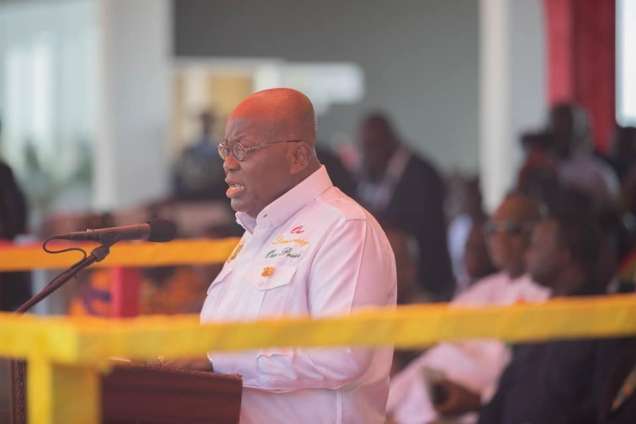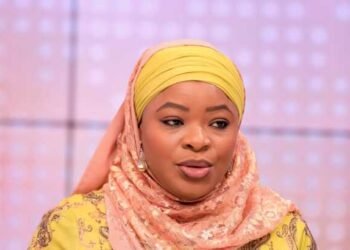President Nana Addo Dankwa Akufo-Addo has declared that Ghana has successfully weathered the storms of the challenging times.
This message was part of his 67th Independence address in Koforidua, where he acknowledged the hardships faced by the nation in the economic sphere but expressed optimism for better times ahead.
“If we are to take pride in being Ghanaian, there should be a consensus on the values we hold dear, and we should transmit them to every generation,”
President Akufo-Addo
In addition to economic recovery, President Akufo-Addo addressed the role of free speech and the importance of tolerance in Ghana’s democratic process.
Emphasizing the importance of learning from both achievements and challenges, the President highlighted the necessity for greater tolerance of opposing views in Ghana ahead of the December elections.
“We still have a lot more to learn especially when it comes to the tolerance of opposing views. But we also know that we dare not relapse, as there are many examples of countries that have disintegrated into chaos as a result of disputed elections.”
President Akufo-Addo
In recognizing the transformative role of technology in enhancing the electoral process’s transparency, the President also underscored the risks associated with the manipulation and dissemination of false information.
Moreover, President Akufo-Addo acknowledged the dual nature of technology, serving as a useful tool while simultaneously posing challenges to the integrity of public opinion.
President Akufo-Addo, reflecting on the state of free speech and a robust media environment as integral components of a functioning democracy, expressed satisfaction with the progress made.
He stated, “When it comes to free speech and vigorous media as indicators of a working democracy, I believe we can say we are doing well. There is no danger of dissenting voices not being heard on any subject, even though we still have more work to do on elevating the quality of public discourse.”
President Akufo-Addo’s speech encapsulated a multifaceted message: from economic recovery and national values to the importance of a democratic process characterized by free speech, tolerance, and technological advancement. This comprehensive approach reflects a commitment to strengthening Ghana’s socio-economic and political fabric in the face of challenges.
Ghana’s Free Speech and Tolerance Backsliding
The role of free speech and tolerance in Ghana’s democratic process has been impacted in several ways, with concerns rising about the curtailment of freedom of speech, a right guaranteed under Ghana’s 1992 Constitution.
Since the beginning of the year, there have been a series of arrests and prosecutions of journalists and civil society activists for statements deemed unfounded or offensive by authorities. This includes cases involving accusations of making false news, offensive conduct, and contempt of court.
The Committee to Protect Journalists (CPJ) has criticized these actions, arguing that journalists should not be imprisoned for reporting or commenting about public figures.
There is a growing concern about the apparent resurrection of the discredited criminal libel regime, with civil society organizations noting a shift in the use of prosecutorial and judicial power to punish speech that allegedly falsely damages the reputation of other persons or institutions.
This has raised concerns about the state’s role in curtailing free speech, particularly in the context of criticizing public figures or the government.
Moreover, the situation has led to debates about the responsibility that comes with freedom of speech. Media ethics lecturer Zakaria Tanko has highlighted that while freedom of speech is a constitutional guarantee, it comes with responsibilities.
Journalists and media practitioners are urged to be cautious in their reporting, avoid making or publishing false statements, and use the Right to Information Act to access information from public authorities.
The situation has sparked discussions about the threat to democracy in a country where the ruling political class is perceived to be becoming intolerant. There is a concern about a downward political spiral, where the detention and arrest of journalists can lead to further erosion of free speech and tolerance in the public sphere.
READ ALSO: Ghanaian Media’s Journey of Change




















